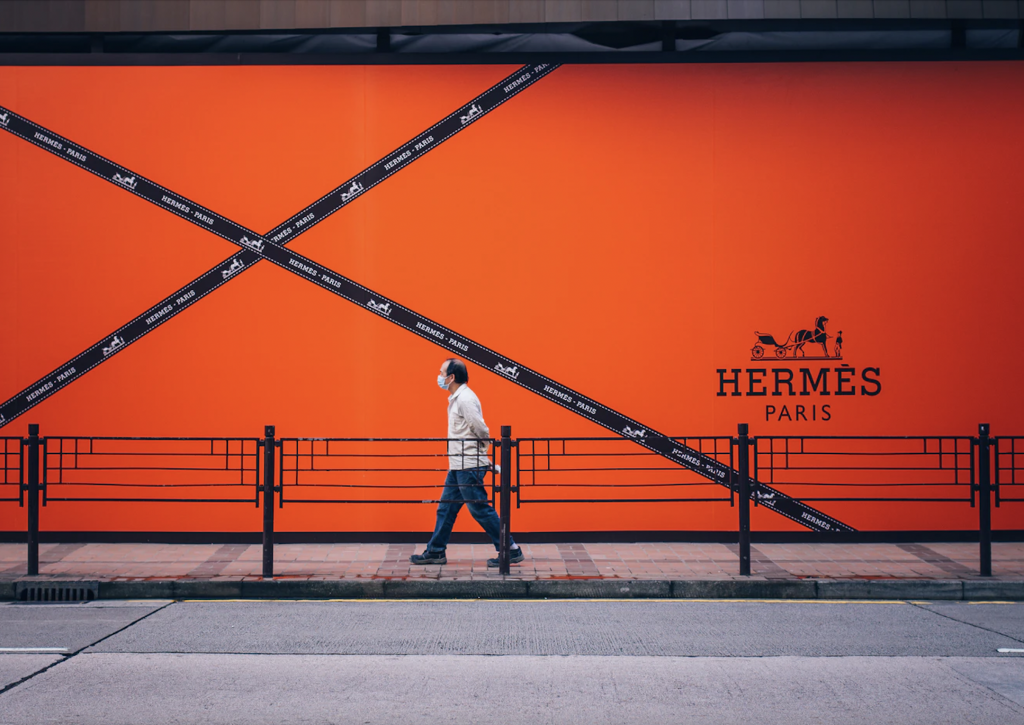The coronavirus has crippled the world economy. Global GDP suffered its sharpest drop since the end of the second world war in 2020, millions were unemployed or furloughed, and governments pumped trillions of dollars into their economies to prevent greater damage. Nevertheless, a 2021 recovery remains uncertain. China’s economy is growing strongly again, but many of the world’s richest nations may not fully rebound until 2022 at the earliest.
The speed at which the pandemic can be contained will have a huge bearing on how the world economy performs. In the race between new virulent strains of the virus and the vaccine roll-out, early victory is by no means assured. Even rich countries that have secured most of the available vaccines may fail to inoculate enough people to provide herd immunity until the end of 2021. In developing countries, where vaccines will generally be scarce, the virus is expected to spread further.
The big winners are likely to be countries like China and South Korea that succeeded in suppressing COVID-19 early. China’s economy is projected to grow in 2021 by 8 percent, over twice that of the most successful western countries even before the pandemic, with its export-led economy actually benefitting from lockdowns in western countries. Western demand for services like entertainment and travel may have declined, but demand for household consumer goods and medical supplies has increased. As a result, Chinese exports to the U.S. have reached record levels despite the high tariffs imposed by the Trump administration.
China is also expanding its economic influence throughout Asia, with a new free trade area in the Pacific and huge infrastructure projects along its trade routes to Europe and Africa. At the same time, it is investing in advanced technologies to reduce its dependence on Western supply chains for components, such as semiconductors. Meanwhile, Chinese consumers are actively increasing their spending on the mainland, with its luxury market “proving ‘unstoppable’ in 2020,” according to CNN, “even as the coronavirus pandemic hammered global demand for expensive goods.”
“Mainland China is the only major luxury market to grow in 2020,” Bruno Lannes, a partner with Bain’s consumer products and retail practices, told CNN. “China’s luxury market is now bigger than ever.”
Ultimately, China is poised to potentially overtake the U.S. as the world’s largest economy within five years, twice as fast as previously predicted.
Harder times elsewhere
For rich countries, such as the U.S., United Kingdom, and those in mainland Europe, the picture is less rosy. After brief recoveries this summer, their economies have stagnated, driven as much by the second wave of the pandemic as lockdowns. In the U.S., for instance, employment and growth closely tracked the pandemic rather than the unevenly applied lockdowns as business and consumer confidence slumped. Even with some recovery this year, these economies are expected to be 5 percent smaller in 2022 than if the crisis had not occurred.
The biggest losers of 2021, however, are likely to be developing countries. They lack both the economic resources to acquire enough vaccines, and the public health systems to treat large numbers of COVID patients. They also cannot afford the huge government subsidies that have prevented mass unemployment in Europe and the U.S.. With demand for their raw materials crippled by the recession in the West, and little aid available from rich countries to alleviate their large debts, they can ill afford further lockdowns.
Even formerly fast-growing countries like Brazil and India are facing hard times. Many millions of poor workers in the informal sector are being forced back to their villages and urban slums to face mass poverty and even starvation.
Meanwhile South Africa, the wealthiest country in Africa, may have left it too late to obtain enough vaccines to stem the rapid rise in infections. It has taken a collective approach by becoming a member of the COVAX program. The program aims to ensure that poorer countries do not lose out, but it has yet to achieve results.
The new divide
The economic effects of the pandemic have been hugely varied across society. Those in full-time work, often in highly paid jobs working from home, have accumulated substantial savings since there is less to spend wages on. The very rich, especially in the U.S., have benefited from huge stock market increases driven by pandemic successes like Amazon, Netflix, and Zoom – and this looks like it is likely to continue. The big question for the economy is whether in the coming year those with secure jobs and high incomes will return to their previous spending patterns, or hold on to their savings in the face of continuing uncertainty.
(The transformation within the luxury goods segment, for one, which was upended as a result of COVID, is expected to endure, with Forbes’ Pamela Danzinger writing this month that 2021 is likely to bring “an era of conscientious luxury and usher out an extended period of conspicuous consumption that has propelled the luxury market for the last 50 years or more.” After all, 2020 saw the single greatest contraction in luxury goods consumption, when sales dropped by 23 percent or nearly $80 billion, per Bain & Co. Against this background, and in light of still-heavily-impacted travel numbers and shuttered stores, Danzinger asserts that “luxury will not climb out of its hole until the end of 2022 or early 2023 when it will finally reach 2019 levels of $344 billion.”)
In contrast, many who have lost jobs or businesses or been furloughed will struggle to find new work or return to their previous income levels – especially since low-wage sectors, such as retail and hospitality, are unlikely to recover fully after the pandemic. This group includes many younger people, women and ethnic minorities. This inequality could be increased as rich governments scale back the huge subsidies being used to keep many workers employed or furloughed. Rishi Sunak, the UK chancellor, gave clear indications of this intention in his November spending review. Meanwhile, in the U.S., the political deadlock over further relief spending was only resolved at the last minute, and Republicans will probably now aim to minimize Biden-administration spending despite the profligacy of the Trump years.
Still yet, Europe has just reached an unprecedented agreement to provide EU-funded aid to member states most affected by the pandemic, but tensions over the extent of the package and the recipients will probably continue.
Cooperation could ease the adjustment to a post-pandemic world, but international cooperation during the pandemic has been weak, and economic tensions have further undermined the world’s commitment to free trade – not a good start for post-Brexit Britain. Domestically, redistribution of wealth and income through higher taxes could give western governments more resources to deal with the victims of the pandemic, but that will almost certainly be politically difficult in a continuing recession.
Steve Schifferes is an Honorary Research Fellow for the City Political Economy Research Centre at the City University of London. (This article was initially published by The Conversation)













